By Jessica Domel
Growing up spending most of my time riding on county roads in the middle of nowhere, I began to play a game with my dad called, “What crop is that?”
I realize that to some people it may sound a little weird, but it was just one way I found to entertain myself as we were driving hour after hour from one location to the next.
It would go something like this:
“Dad, what the heck is that?”
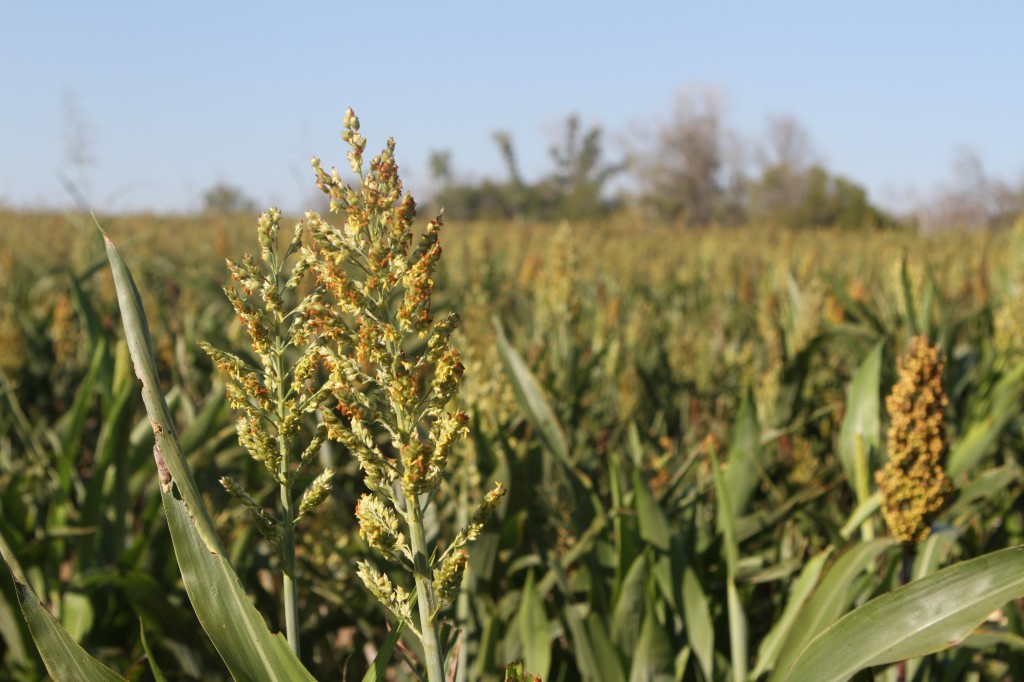
Maize outside of Walburg, Texas
“That’s maize,” he said.
“Oh. Okay. What’s that over there?”
I was an inquisitive little child, trust me. I’ve also realized recently that I’ve turned into quite an inquisitive adult, as well.
Right after I was hired as the field editor for the Texas Farm Bureau, Video Services Director Ed Wolff and I took a trip to Harlingen. It was my first trip to the Valley, and I have to say for most of the trip I would say, “Ed, what’s that?”
I had never seen sugarcane or soybeans before. The planting, growing and harvesting processes are so intriguing to me. I must have asked a dozen or so questions an hour.
Two months later, and I’m still asking questions. I’ve found that Texas agriculture is vast and intriguing. Did you know that there are people who grow aloe vera? There are fields and fields of it. It blew my mind.
I cannot wait to visit one of those farms and learn all about how they operate.
To me, it’s just a testament to the dedication and resilience of Texas farmers and ranchers. When one crop doesn’t work, they find another.
I love it.
Everywhere I go, I’m continually amazed at the vast array of things people grow to sustain their lifestyles and our food and fiber supply.
By the way, 28 years later, I’m still asking my dad, “What’s that?” He still answers, and he’s still a great resource for me as we’re on the road working to tell the stories of Texas farmers and ranchers for our publications.
That’s just one of my stories. Have you told yours? Let’s share the stories of Texas agriculture because even those of us who have grown up in the fields have something we can learn from each other.

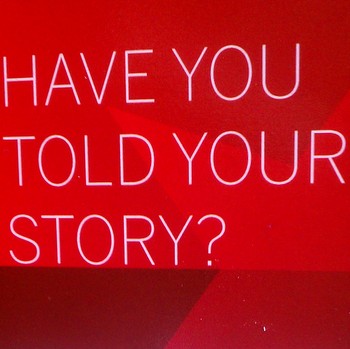
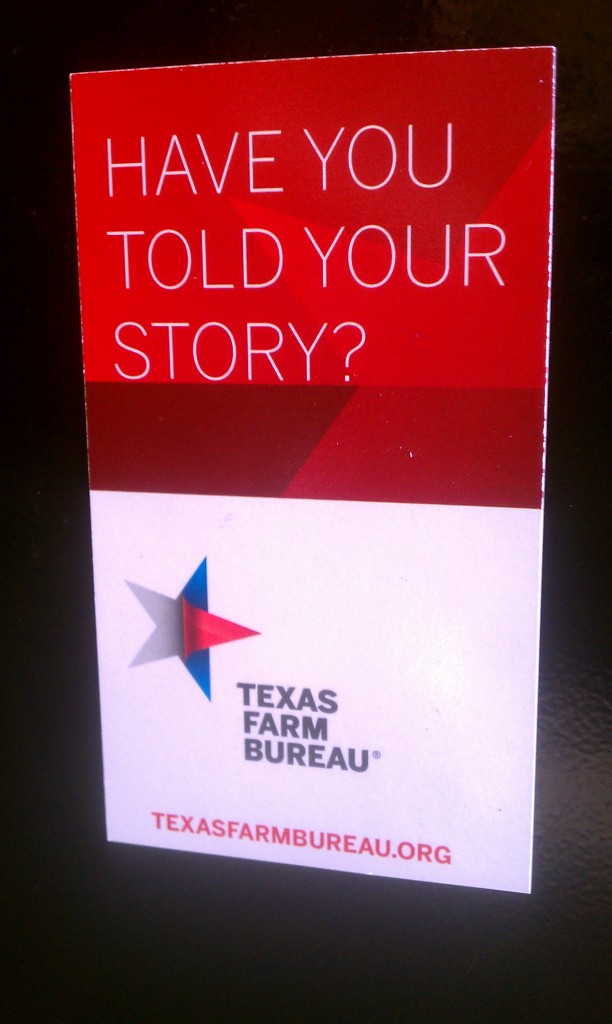



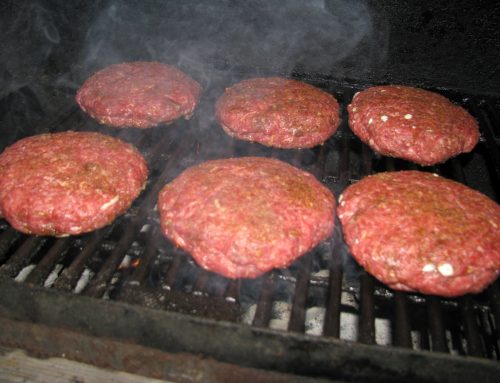
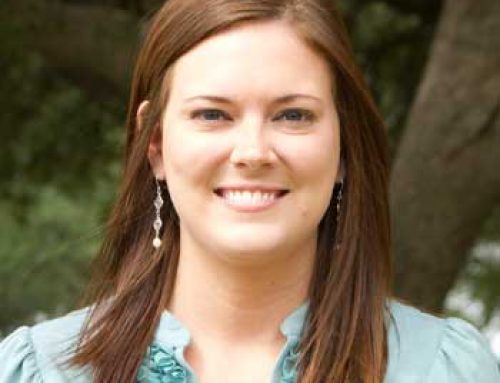




Leave A Comment